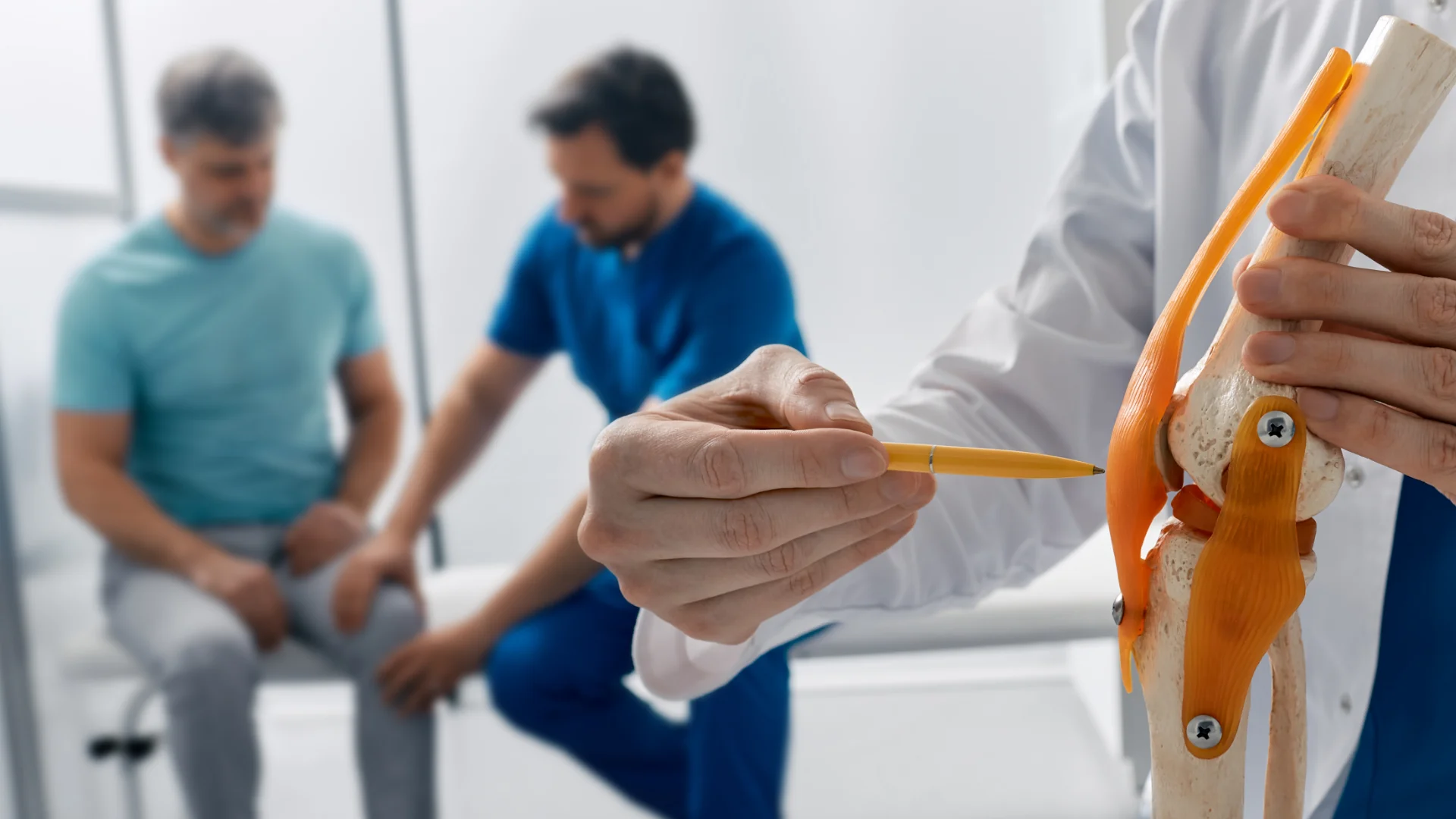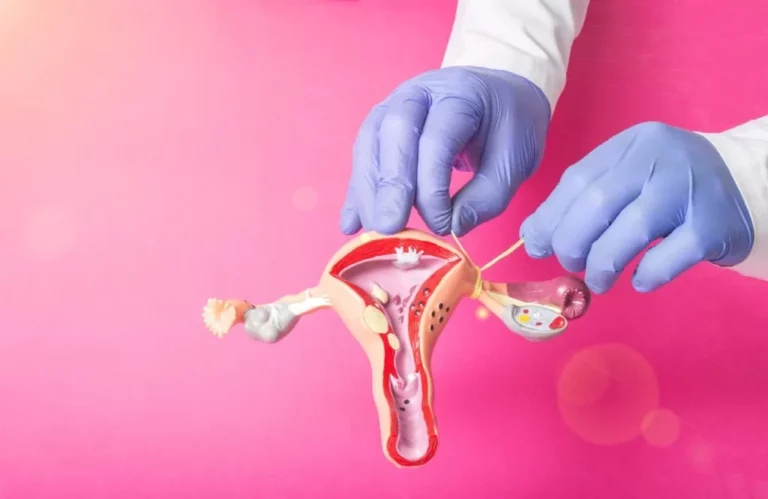
Joint replacement is a major procedure that can significantly improve mobility and well-being, but success often depends on careful preparation beforehand. From medical evaluations to lifestyle adjustments, taking the right steps before surgery helps reduce risks and supports a smooth recovery. Here’s more information on key pre-surgery tasks for joint replacement:
Exploring the Joint Replacement Process
Joint replacement, also called arthroplasty, involves removing damaged bone and cartilage from your joint. Your surgeon replaces these damaged parts with artificial components made from metal, ceramic, or plastic materials. The procedure helps restore function to joints affected by arthritis, fractures, or other conditions.
The hip, knee, and shoulder joints are the most commonly replaced. Some patients can be discharged home the same day using minimally invasive techniques, while others may require a hospital stay for a few days. Recovery time varies by individual and joint type. Most people see significant improvement in pain and mobility within several weeks. Full recovery can take several months, making pre-surgery preparation fundamental to your success.
Preparing Medically for Joint Replacement
Your doctor will schedule several appointments before surgery to make sure you’re ready. These visits may include blood tests, X-rays, and a physical examination. Your medical team needs to be aware of all medications you take, including over-the-counter drugs and supplements.
Some medications may need to be stopped before surgery. Blood thinners, anti-inflammatory drugs, and certain supplements can increase the risk of bleeding. Your doctor will tell you exactly when to stop taking these medications.
Pre-existing medical conditions require special attention. Diabetes, heart disease, and high blood pressure need to be well-controlled before surgery. Your doctor may recommend that you consult other specialists to optimize your health.
Adjusting Lifestyle To Aid Recovery
Physical preparation helps your body better handle surgery. If you smoke, quitting several weeks before surgery reduces the risk of infection and improves healing. Your doctor can recommend resources to help you quit smoking. Maintaining a healthy weight also reduces stress on your new joint and speeds recovery.
Gentle exercise before surgery helps maintain muscle strength and flexibility. Swimming, walking, and physical therapy exercises are beneficial. Avoid high-impact activities that may worsen your joint damage. Your physical therapist can design a safe exercise program to prepare you for surgery.
Preparing Home and Support Systems
Preparing your home before surgery can make your recovery safer and comfortable. Remove tripping hazards, such as loose rugs and electrical cords. Install grab bars in bathrooms and make sure you have adequate lighting throughout your home. Move frequently used items to waist height to avoid excessive bending or reaching.
You’ll need help during the first few weeks after surgery. Arrange for family members or friends to assist with daily activities, such as cooking, cleaning, and transportation to medical appointments. Some people hire professional caregivers or arrange temporary stays in rehabilitation facilities.
Stock up on supplies before surgery. You’ll need comfortable clothes that are easy to put on, healthy foods that don’t require much preparation, and any equipment your doctor recommends. This may include items such as a raised toilet seat, a shower chair, or a long-handled shoehorn.
Schedule Your Joint Replacement Consultation
Proper preparation sets the foundation for successful joint replacement surgery. Following your doctor’s medical instructions, making helpful lifestyle changes, and organizing your support system all contribute to better outcomes. Taking time to prepare thoroughly eases your concerns about the procedure. Contact an orthopedic surgeon near you to schedule your joint replacement consultation today.





